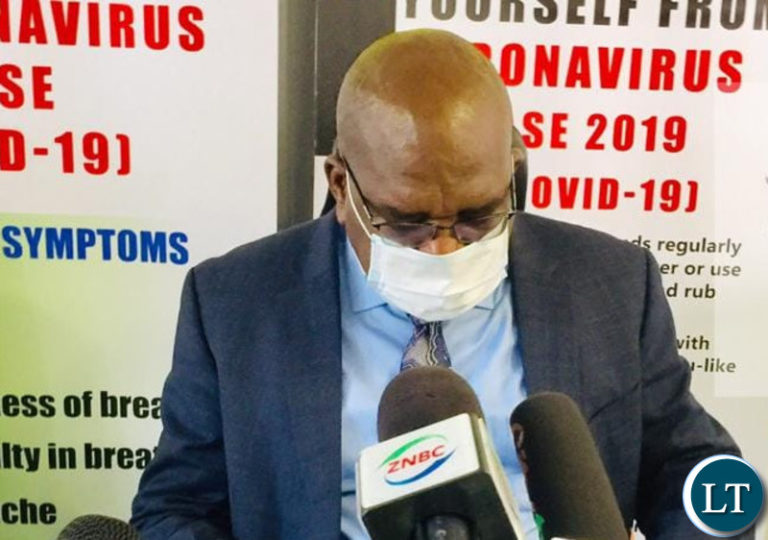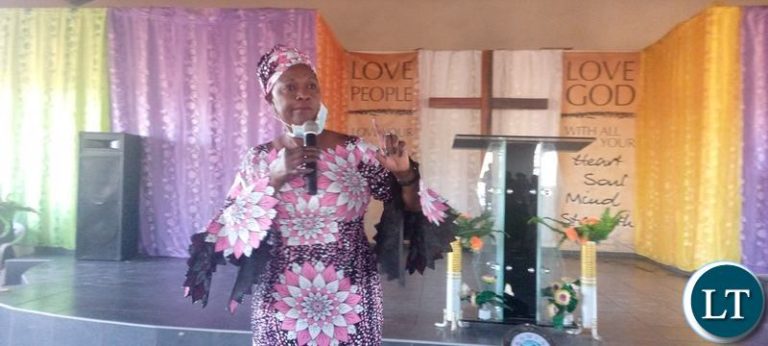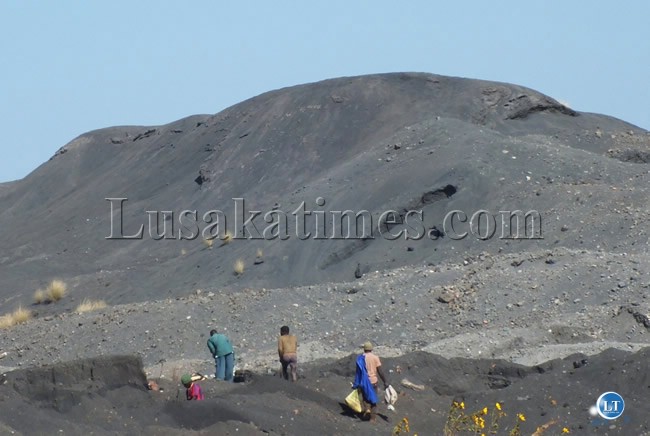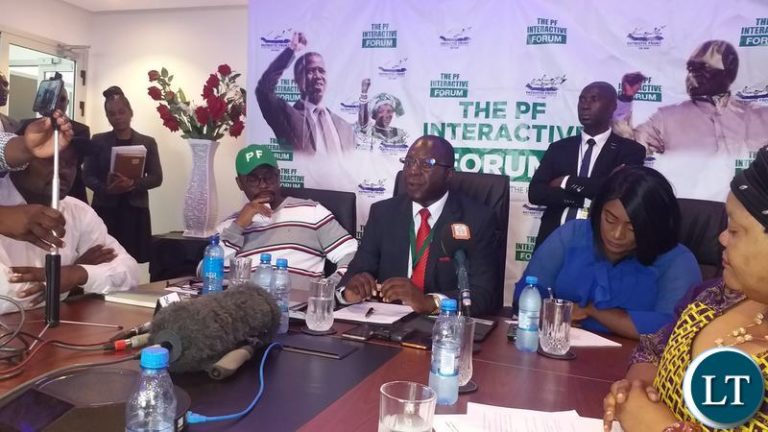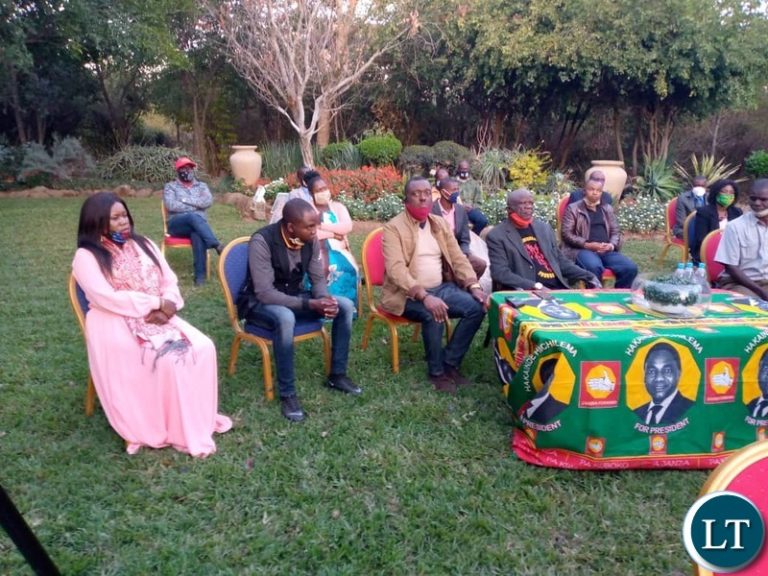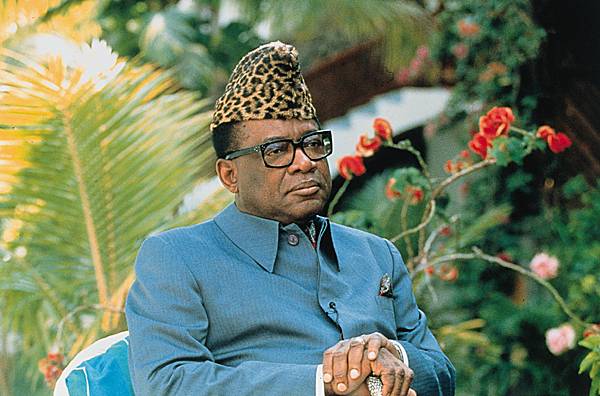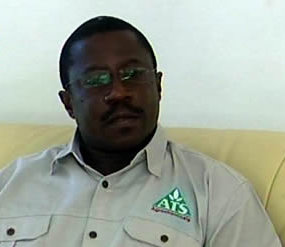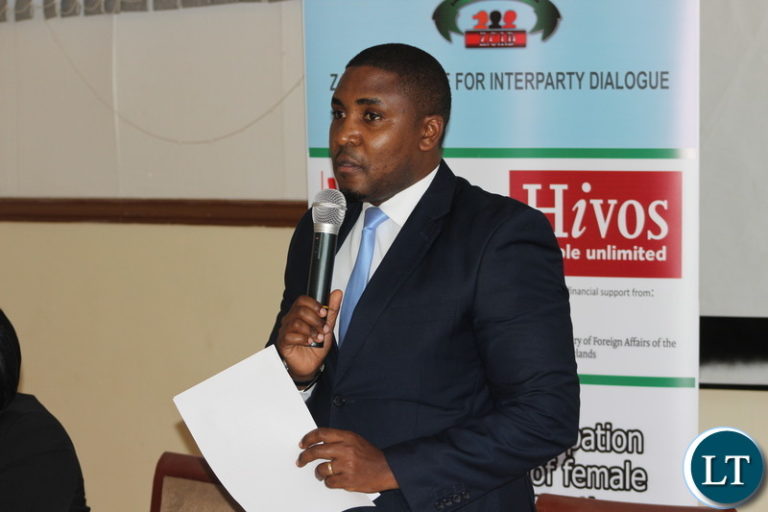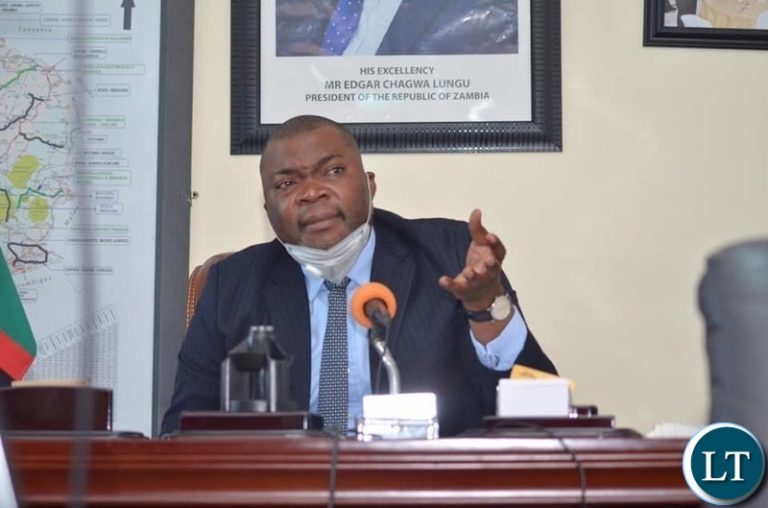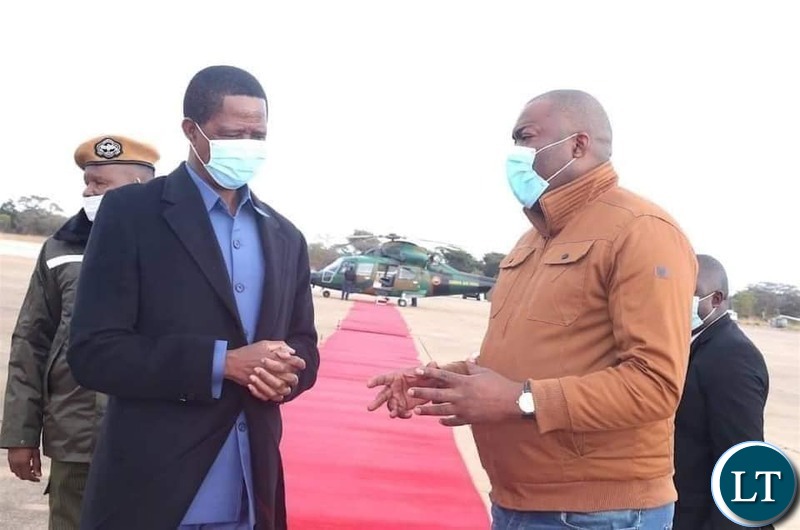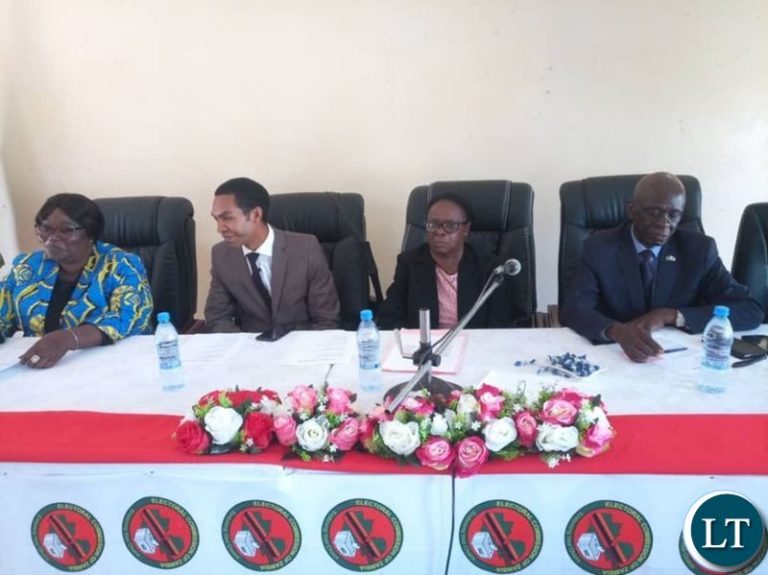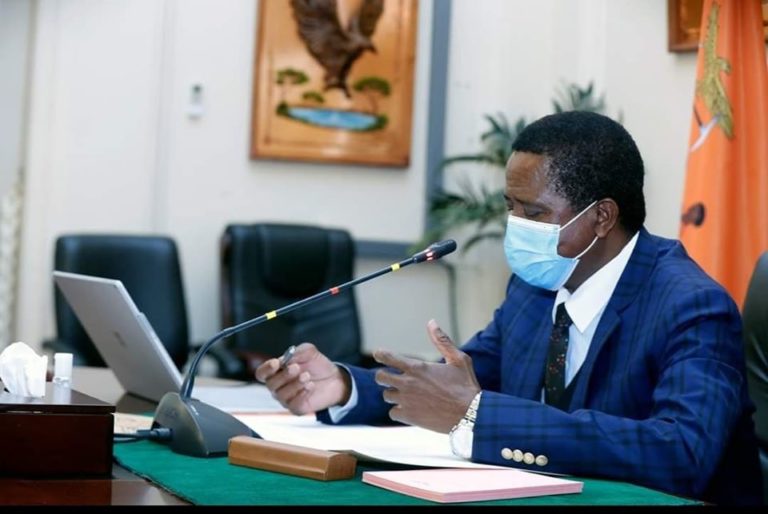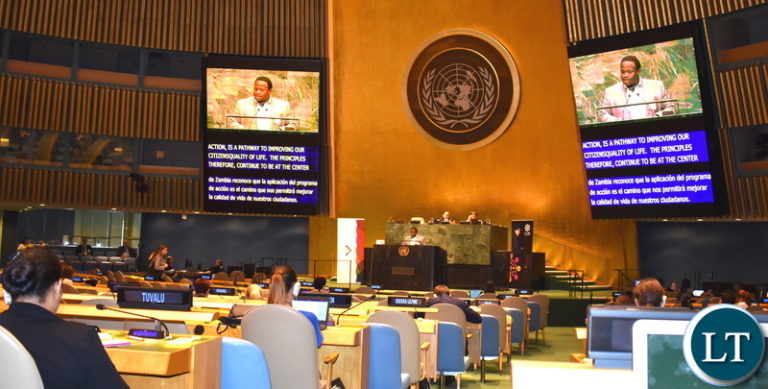By Bizwell Mutale
The reckless talk and provocative behaviour by Hon Jack Mwiimbu resulting in UPND cadres attempting to stone and embarrass the Head of State Excellency President Edgar Chagwa Lungu on his recent visit to Monze District was very irresponsible, shameful and extremely disgusting.
1. UPND THUGGERY AND BAD MANNERS IS NOT REPRESENTATIVE OF ALL TONGAS BUT OF HAKAINDE HICHILEMA:
As a proud Tonga from Monze, I am with many other tribemates from Southern Province who are extremely disappointed by Hakainde Hichilema, Mwiimbu and UPND thuggery as it goes against the traditional values of Ba Tonga people who practise a culture of respect for elders and authority.
We shudder to think what would have happened had one from the hired mob threw a stone at the Presidential motorcade (like they did at BP filling Station in Monze last year) the State Security wings travelling with the Head of State’s convoy reacted with weaponry force to the menacing confrontation of Jack Mwiimbu’s led UPND cadres.
2. UPND HAS A DANGEROUS PATTERN OF ATTEMPTING TO DISRUPT PRESIDENTIAL CONVOYS TO TRIGGER NATIONWIDE ETHNIC UNREST
Zambians must be reminded that this is not happening for the first time. It is clear that the UPND leadership under HH have a very deliberate strategy calculated at inciting anarchy and igniting confusion by provoking the Presidential convoy and State Security whenever the Head of State goes on developmental tours in perceived UPND strongholds.
It is the same thing that HH did in Mongu where he attempted to compete with the Presidential convoy and it is also the same thing he repeated in Kaoma and then Sesheke when he turned a blind eye to his cadres who put big rocks and boulders to block the road the Presidential convoy was using, thereby endangering the life of the Head of State and putting the entire nation at great risk in the process.
The malicious irresponsibility of Hichilema, Mwiimbu and UPND is capable of plunging the whole nation into chaos. It must be condemned in the strongest terms.
3. HH IS NOT A MESSIAH FOR TONGAS AS HE CLAIMS; HIS TRIBALIST GREED GOES AGAINST THE ASPIRATIONS OF OUR NATIONALIST TONGA FOREFATHERS.
HH’s lust for power at all costs is now a disgrace to Ba Tonga. He does not represent the nationalism of our forefathers such as Harry Mwaanga Nkumbula, Mainza Chona and Elijah Haatuakali Mudenda to name a few. The UPND leader and his party’s morally deficient character does not represent the spirit of Nationalism.
HH and Mwiimbu want to make it look as if all Southerners are UPND when in fact not. The truth is that UPND in Southern Province victimise and brutalise any southerner that is not UPND. It is even much worse how they mistreat non-Southerners affiliated to other political parties in the Province. It is shameful.
HH is not the messiah of Southern province or anyone else as he claims. He is infact a liability to Southern Province. Under his instructions, UPND Members of Parliament and councillors are shunning progressive engagements with key government officials including the Head of State, and frustrating government development efforts in Southern Province.
4. FOR TWENTY YEARS MWIIMBU AS MP FOR MONZE HAS HAD NO PROBLEM DRAWING SALARY, SITTING ALLOWANCE PLUS GRATUITY FOR HIMSELF FROM GOVERNMENT, BUT APPEARS TO HAVE A BIG PROBLEM MEETING GOVERNMENT BRINGING DEVELOPMENT FOR THE POOR IN MONZE
“Honourable” Jack Mwiimbu has been Member of Parliament for Monze for twenty years (2001) yet what can he point at?
Monze Constituency is not as developed as it should be. Why?
This not because of unwillingness on the part of successive governments under MMD and PF, but because of Mwiimbu’s unwillingness to work with respective governments of the day to bring development to the people of Monze. He appears to have a misplaced belief that only a “government under a Tonga party led by HH” should bring development to Monze and Southern Province.
In the meantime, Mwiimbu has been drawing a salary and sitting allowances from parliament plus gratuity from the National Assembly since 2001. He appears to have no problems with getting a salary and gratuity from government, but appears to have a big problem with meeting government officials seeking to take development to Monze. This is typical of UPND MP’s and councillors in Southern Province.
I appeal to my fellow Southerners in Monze and across Southern Province to open their eyes.
How can HH and UPND fix anything when he and his officials are either preoccupied with frustrating Government development projects everywhere in Southern Province or busy inciting civil unrest and destroying?
“Nkondo ngu kavwumbu”
Why needlessly risk ethnic bloodshed breaking out in Monze and spreading nationwide? Just to satisfy one man’s selfish ego?
“Simweenda aumineme ayebo ulaminama” (He who blindly associates with a wayward person, will himself become wayward.
The waywardness of one man, can never be bigger than the honour of entire Tonga speaking ethnic group of Southern Province.


